THE BLACK POWER MOVEMENT AND AMERICAN SOCIAL WORK
The Black Power Movement and American Social Work
Joyce M. Bell

COLUMBIA UNIVERSITY PRESS NEW YORK
COLUMBIA UNIVERSITY PRESS
Publishers Since 1893
New York Chichester, West Sussex
cup.columbia.edu
Copyright 2014 Columbia University Press
All rights reserved
E-ISBN 978-0-231-53801-5
Library of Congress Cataloging-in-Publication Data
Bell, Joyce Marie.
The Black power movement and American social work / Joyce M. Bell.
pages cm
Includes bibliographical references and index.
ISBN 978-0-231-16260-9 (cloth : alk. paper) ISBN 978-0-231-53801-5 (e-book)
1. African American social workersHistory20th century. 2. Black powerUnited States. 3. Social workersUnited StatesHistory20th century. 4. Social serviceUnited StatesHistory20th century. I. Title.
HV40.8.U6B45 2014
361.3089'96073dc23
2013045297
A Columbia University Press E-book.
CUP would be pleased to hear about your reading experience with this e-book at .
COVER DESIGN: Chang Jae Lee
References to websites (URLs) were accurate at the time of writing. Neither the author nor Columbia University Press is responsible for URLs that may have expired or changed since the manuscript was prepared.
FOR MY MOTHER JEAN ANNAN, AND FOR MY GUYS
TYEHIMBA BELL AND TYEHIMBA RALASI, WITH LOVE.
CONTENTS
TODAY IT IS NOT REMARKABLE that Kenya Robinson, an engineering major, is active in the National Society of Black Engineers, minored in African American studies, socialized at the Black Cultural Center on campus, and graduated with a kente cloth stole from a major flagship university. Nor is it odd that she jumped the broom when she married Jamal, a journalist who tutors teen writers through the National Association of Black Journalists. Though their lives have been indelibly shaped by Black Power, they are remarkably mainstream as African Americans go.
Scholars have been examining the scope and impact of the black freedom movement in the United States in ever more sophisticated ways over the past decade. Prior to the mid-2000s, the grand narrative among historians of the civil rights movement positioned Black Power as a fundamentally disruptive force to a beloved community created by a multiracial group of activists who sacrificed their lives to dismantle codified forms of white supremacy. Despite revisions to this narrative, the conventional history remains unchanged up to a point. Civil rights activists, the narrative goes, strategized and boldly challenged the hatred and violence of an intractable system of racism and oppression. Hospitals, schools, and public accommodations such as pools and parks were exclusively white throughout communities in the South. White supremacists in local, state, and federal legislatures urgently attempted to defend these discriminatory institutions, as local authorities also beat, maimed, and jailed activists who sought to secure voting rights. Southern states banned and repressed civil rights groups in innovative, intimidating ways. Not to be deterred, grassroots activists met in churches, schools, and basements and forged a new vision of America. National civil rights groupsincluding the National Association for the Advancement of Colored People (NAACP), the National Urban League (NUL), the Southern Christian Leadership Conference (SCLC), the Student Nonviolence Coordinating Committee (SNCC), and the Congress on Racial Equality (CORE), also known as the Big Fiverepresented a strong, sober, hopeful, and disciplined struggle towards integration. They were a striking contrast to the brutish, violent, and ugly agents of some of the most explicit forms of white supremacy represented by terrorist groups like the Ku Klux Klan. The above remains an essential part of the new narratives on the black freedom movement, as well. But complications and nuances to this narrative arise when scholars address the role of black nationalism and Black Power in the black freedom movement. Moreover, one of the most fundamental elements to pivot on this conversation was the efficacy of integration itself as an essential goal of black uplift.
No figure represents this heroic era of the black freedom movement more than the Reverend Dr. Martin L. King Jr., co-founder of the SCLC. His commitment to integration and nonviolence is iconic. King and others presented to the world powerful images of well-dressed men, women, and children being beaten and attacked by white law enforcement officers or white civilians. This positioned civil rights activists on the moral high ground in the court of public opinion. Nevertheless, as the modern civil rights movement unfolded in the late 1950s and early 1960s, another foil emerged in the landscape of racial politics in the United Statesthe Nation of Islam. Called the Black Muslims by the white and black press alike, the Nation was the largest black nationalist organization in the country and had a national spokesman with incredible appeal as a new construction of black defiance. Malcolm X was tall, good-looking, and forceful yet also charming, with impeccable oratory skills and a conspicuous cadre of stern, upright black men as security. The Nation of Islam proved anathema to the civil rights movement in many ways. It rejected the legitimacy of racial reconciliation, integration, and even American citizenship for black people. It also forcefully and vituperatively denounced the efficacy of nonviolence and integration with whites. It celebrated self-defense, self-determination, and black pride in ways that no civil rights organization had ever. It celebrated the beauty, history, and abilities of black people. The organization simultaneously offered a cathartic space for anger to be expressed at white supremacy without any particular deference to any good whites who were as committed to see blacks free, as they were to see themselves free. The Nation was sui generis.
Though historians have downplayed the significance of the Nation of Islam, by the early 1960s, Malcolm X had become the countrys most interviewed black person. By the late 1960s, the Nation of Islam had become the richest black organization in the United States and published Muhammad Speaks, the most widely read black newspaper in America. One member, Muhammad Ali, was heavyweight champion of the world and one of the most famous black people alive. In fact, Alis own colorful style and defiant politics made an indelible imprint on an entire generation of African Americans. The Nation was the first major organization to insist that black exclusively replace Negro, helping to retire the word Negro in the Anglophone world. More importantly, the Nation was a chief benefactor to a new style of political expression and social activism that became known as the Black Power movement.
While the Black Power movement had many sources of influence, the Nation was essential in developing a framework for resistive politics that (1) privileged black self-determination, and (2) did not see integration as the panacea for exigencies faced by black people. The Nation, however, was no activist group, and most black people were not willing to believe in universal white devilry or sacrifice their right to expect and demand civil rights. Black Power also inherited important elements from the civil rights movement, including a belief in activism as a means to affect change within white-controlled institutions. This point of activism was a distinct difference between black nationalists who typically rejected activist politics and insisted on creating black institutionssocial, religious, cultural, economic, etc. From the Universal Negro Improvement Association through the Nation of Islam, territorial separatismthe creation of a black nation statehad been the cornerstone of black nationalism. And while they sought a black nation state either in North America or Africa, nationalists created a veritable black nation through networks of black institutions designed to meet the basic needs of black people. From schools, to supermarkets, restaurants, factories, and farms, nation building was a pervasive dictum in nationalist circles. U.S. citizenship was not the ultimate ambition, nor was the realization of civil rights. Black Power, however, assumed and asserted civil rights, even as it insisted and organized around black self-determination within a context of being both black and American. It was a merging of two seemingly irreconcilable beliefsblack nationalism and racial integrationthat forged a new politics which permeated black America. Moreover, despite what historians and others have argued, it was Black Power, not the dream of a racially integrated America, that ultimately became a dominant expression among African Americans.

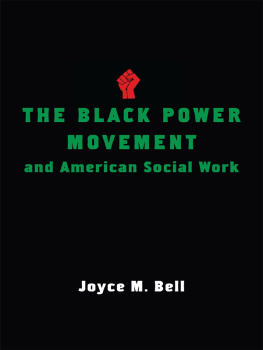
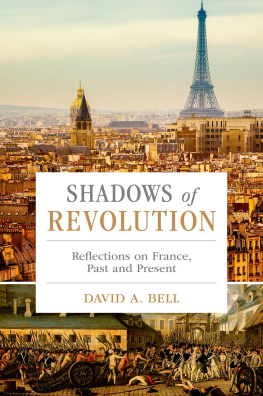
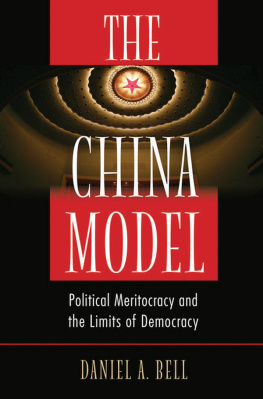

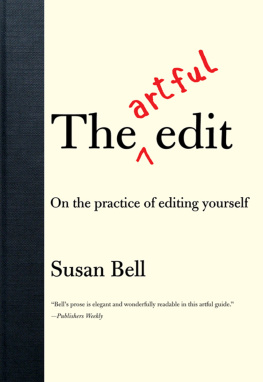
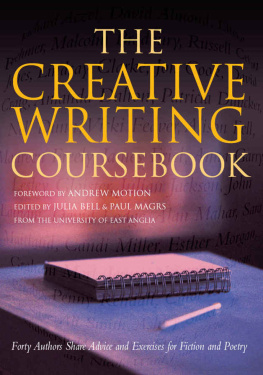
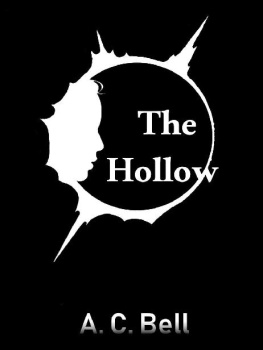

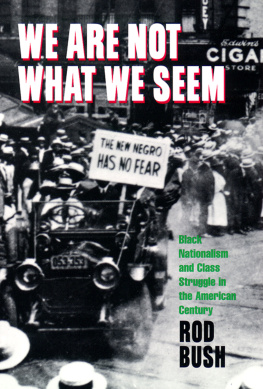
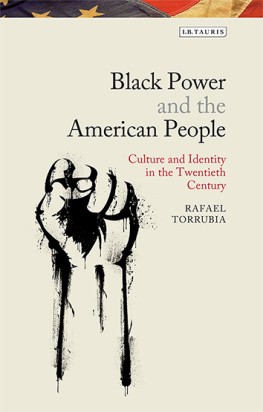
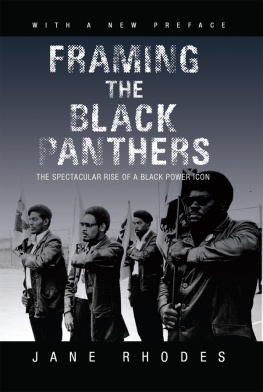
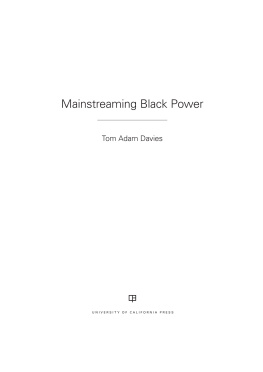
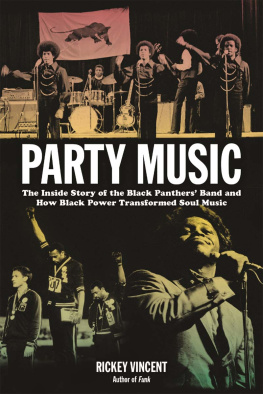
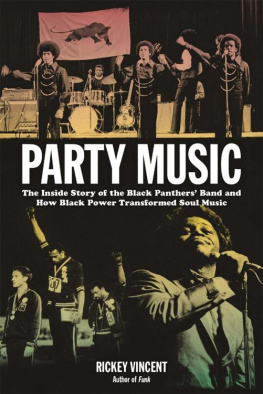
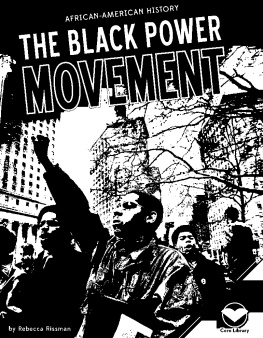
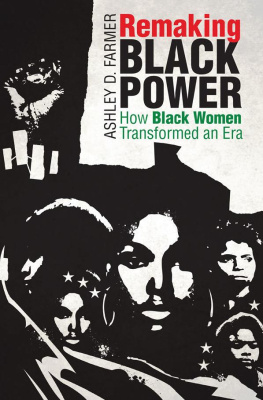
 COLUMBIA UNIVERSITY PRESS NEW YORK
COLUMBIA UNIVERSITY PRESS NEW YORK